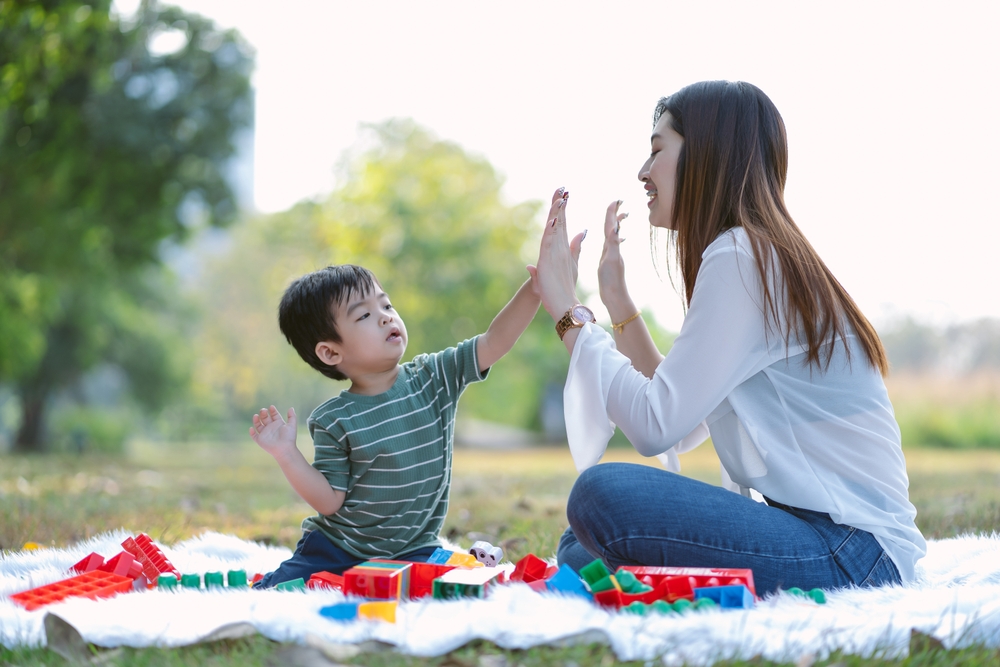
Written by Marriage and Family Therapist, Child Play Therapist, Rachel Ng
When my son was in the first grade, I often encountered the same group of parents at the pick-up and drop-off station. One of the parents had a son who coincidentally attended the same school and grade as my son, so we gradually became acquainted. It was also during that time that I began to witness what was called “monster parents”!
She would frequently ask about my child’s extracurricular activities because her son was enrolled in various classes every day, sometimes even attending two in a single day. On the other hand, I struggled to list many activities for my son. He enjoyed exploring and creating games at home, finding his own joy. I also saw that he was able to grasp the lessons taught at school, so I felt that there was no need for him to participate in additional extracurricular activities. Always, my wish for him was to be happy.
However, gradually, when most of the parents around you gather and chatter about what their children are learning, what levels they’ve achieved in music and language exams, and so on, I, who originally believed in the “go with the flow” approach, began to feel anxious. I couldn’t help but question whether I was a lazy, unambitious, and neglectful mother who didn’t plan for her child’s future!

And so, I also began to enroll my child in various courses, but the resistance I encountered was beyond what I had ever imagined. During the years from my son’s second to fourth grade, even though the number of courses he attended was not extensive, conflicts often arose between mother and son due to the insistence on him participating in additional extracurricular activities. I couldn’t bear to see both of us suffer from the results of these clashes, so I asked myself: “What is truly important for a child? To possess a wealth of knowledge but carry an unhappy heart, or to have a lively, cheerful, and positively charged life?” Even though I hadn’t yet studied marriage and family therapy at that time, I still believed that a harmonious family relationship was the cornerstone for a child to have a healthy life.
In the end, I decided to no longer “force” my son to participate in activities he disliked. By letting go in this manner, I actually created space for him to learn to take responsibility for his own decisions. He would let me know what he wanted to learn or even if he wanted to attend Chinese tutoring at the appropriate time. These exercises in autonomy and responsibility, unwittingly, became invaluable assets for my son in the future. They proved beneficial in his education and career, leading to success in every aspect.
In reality, many parents, like myself back then, find themselves in an environment of intense competition, where they see other mothers doing the same crazy things. This makes those actions seem not crazy, but rather the norm. Even if reluctantly, they feel compelled to do the same. However, children find various ways to express to us that they are struggling, that they cannot accept it! The question is, do mothers really see it? If parents have a short-sighted perspective and are anxious only about gaining an initial advantage, focusing solely on creating fleeting competitive edges for their children while neglecting to establish qualities that contribute to their long-term development, then in the end, the casualties may extend beyond just the mother-child relationship to include the child’s life itself!














